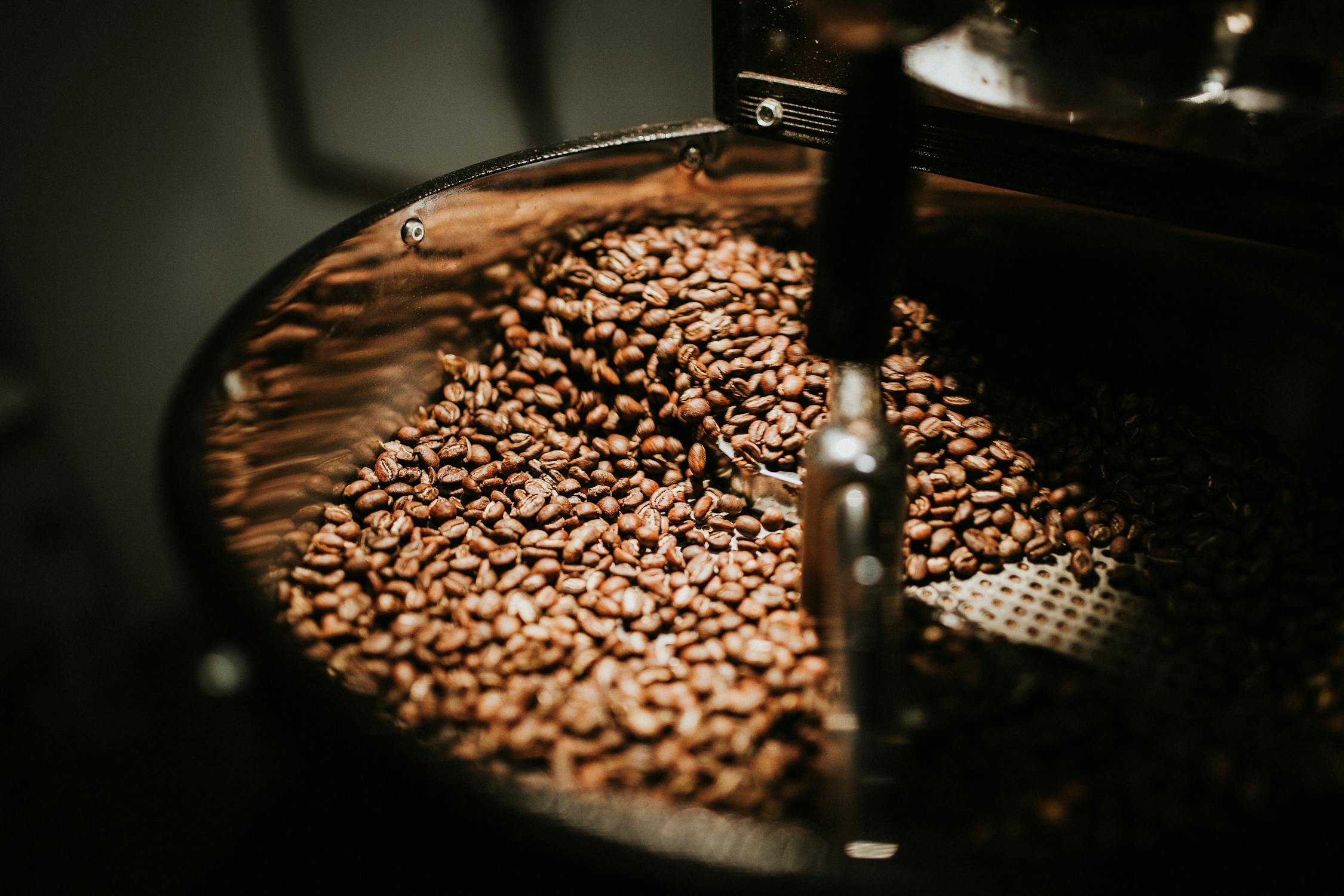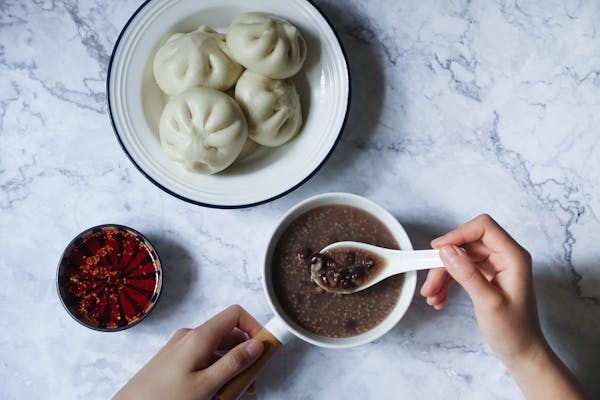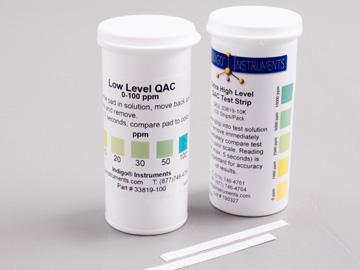[ad_1]
Can tweens’ ingesting behaviors be afflicted by messaging from influencers? A research released in Frontiers in Psychology suggests that a thin influencer does not affect foods preference in young ones in between 11 and 13, though an overweight influencer may well be in a position to.
Tweens, teens, and youthful older people are issue to a whole lot of marketing from influencers and models. In this technologies-driven age, influencer marketing is a substantial marketplace, with influencers promotion garments, food items, makeup, and more. This can have a profound effect on men and women, specifically individuals who are youthful and impressionable. With diet becoming these an crucial section of a creating child’s health, this review seeks to realize how influencers can affect foodstuff selection for tweens.
For their analyze, Steffi De Jans and colleagues used 146 contributors with an even gender split. Members have been randomly selected from 3 unique educational facilities in Belgium. Researchers made 2 Instagram profiles for faux influencers, a person who was presented as skinny-ideal and one particular who was presented as overweight. Influencers had been proven keeping possibly carrots (nutritious snack) or cookies (unhealthy snack). Contributors accomplished measures on influencer trustworthiness, influencer admiration, trans-parasocial interactions, and food items decision.
Effects showed that when exposed to the thin-great influencer, their choice of snack was not impacted the group demonstrated the balanced snack and the group proven the harmful snack selected the harmful snack at similar prices. When uncovered to the over weight influencer, members had been much more most likely to choose the balanced snack soon after seeing the article with the harmful solution in it. The effects showed an impact of bodyweight on perceived believability, with obese influencers being perceived as much less credible, and on influencer admiration, with skinny-ideal influencers being a lot more admired.
This review took actions into far better comprehension influencers results on food items choice for tweens, but it also has some constraints to note. A person these limitation is that this review utilized a fictitious influencer, which probable would not have the sway or influence on children that somebody they know of might. Additionally, contributors ended up advised they would be given their picked snack as a thank you, which might have influenced them to decide on whichever snack they would want at the time. Future investigate could give much more snack alternatives.
“This review reveals that publicity to a thin-perfect influencer did not affect tweens’ alternative for healthful vs. harmful meals. Therefore, we propose that making use of thin-great social media influencers does not encourage a nutritious diet plan amongst tweens,” the researchers explained.
“However, exposure to an chubby influencer advertising and marketing harmful treats can positively impact children’s preference of healthy food items. These final results could be stated by contrast effects, as the over weight influencer is also perceived as much less credible and is admired considerably less by the tweens. Based mostly on this main outcome, it is tough to draw a concrete recommendation for marketers or general public guidelines when it arrives to endorsing balanced food items to young children and adolescents, as our outcomes would propose that the ideal way to advertise a balanced diet is by applying an over weight influencer promoting an harmful food items solution.”
“Thus, we believe that it is not sensible to market balanced food items to youngsters by the endorsement of harmful food items by an overweight influencer, as this might perpetuate the stereotypes relating to chubby individuals in that men and women who do not have a slender ideal are harmful and eat harmful foodstuff,” the scientists concluded.
The review, “Impact of Skinny-Beliefs in Influencer Posts Advertising and marketing Healthier vs. Harmful Meals on Tweens’ Balanced Foods Preference Behaviors“, was authored by Steffi De Jans, Liselot Hudders, Brigitte Naderer, and Valentina De Pauw.
[ad_2]
Source link







